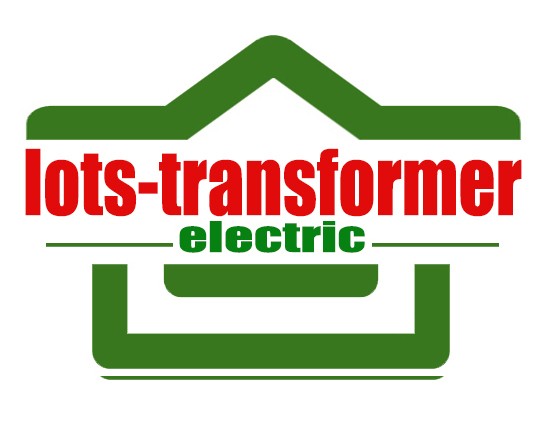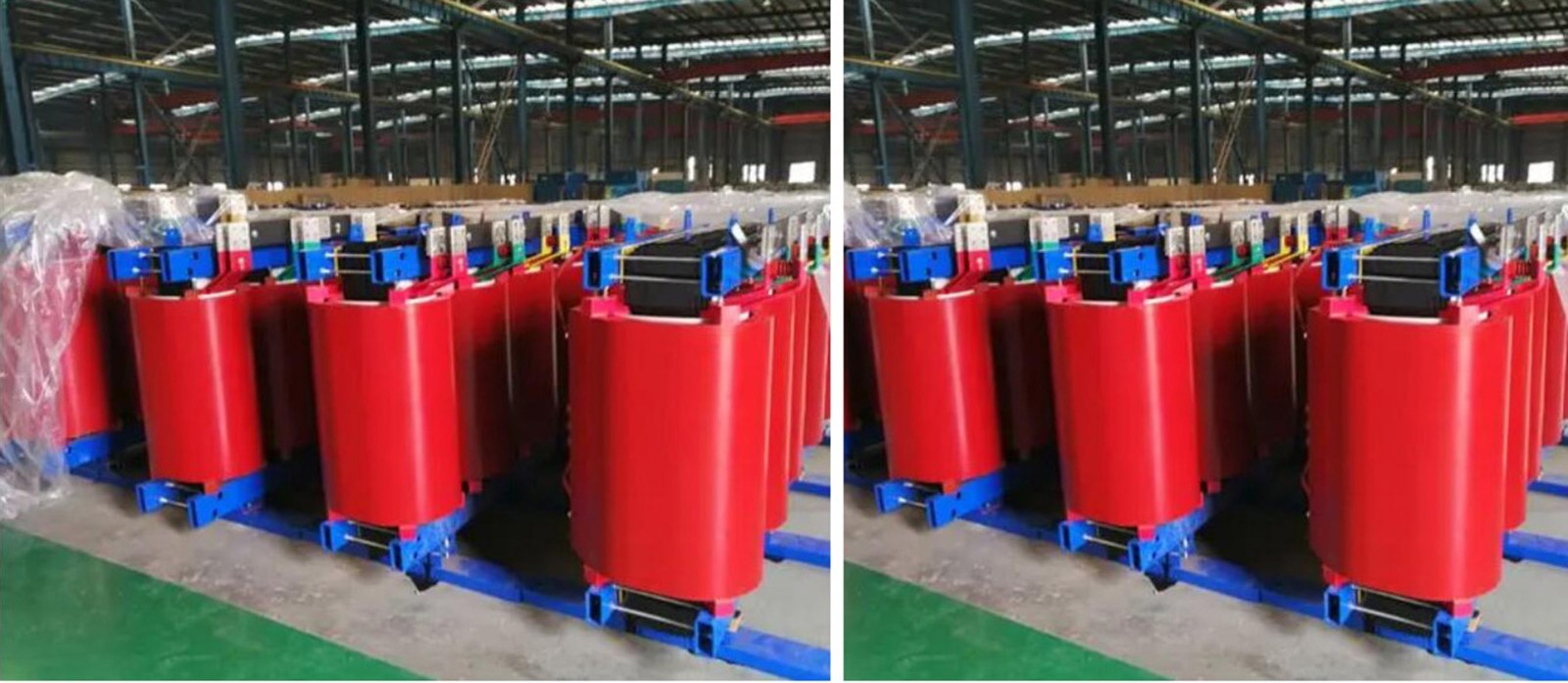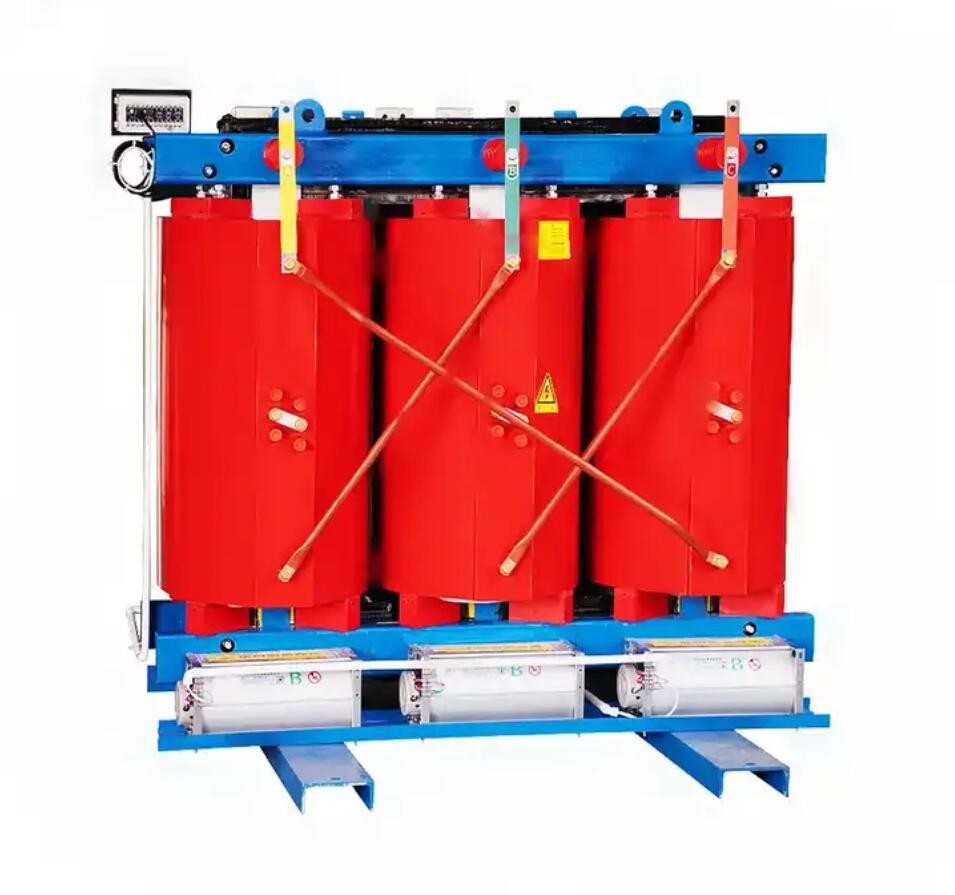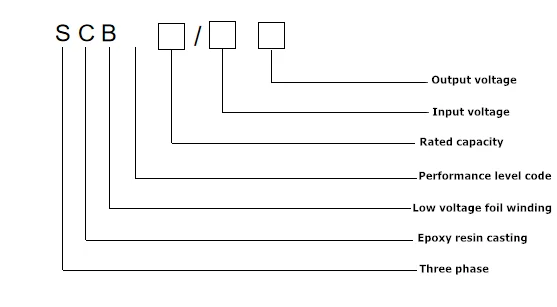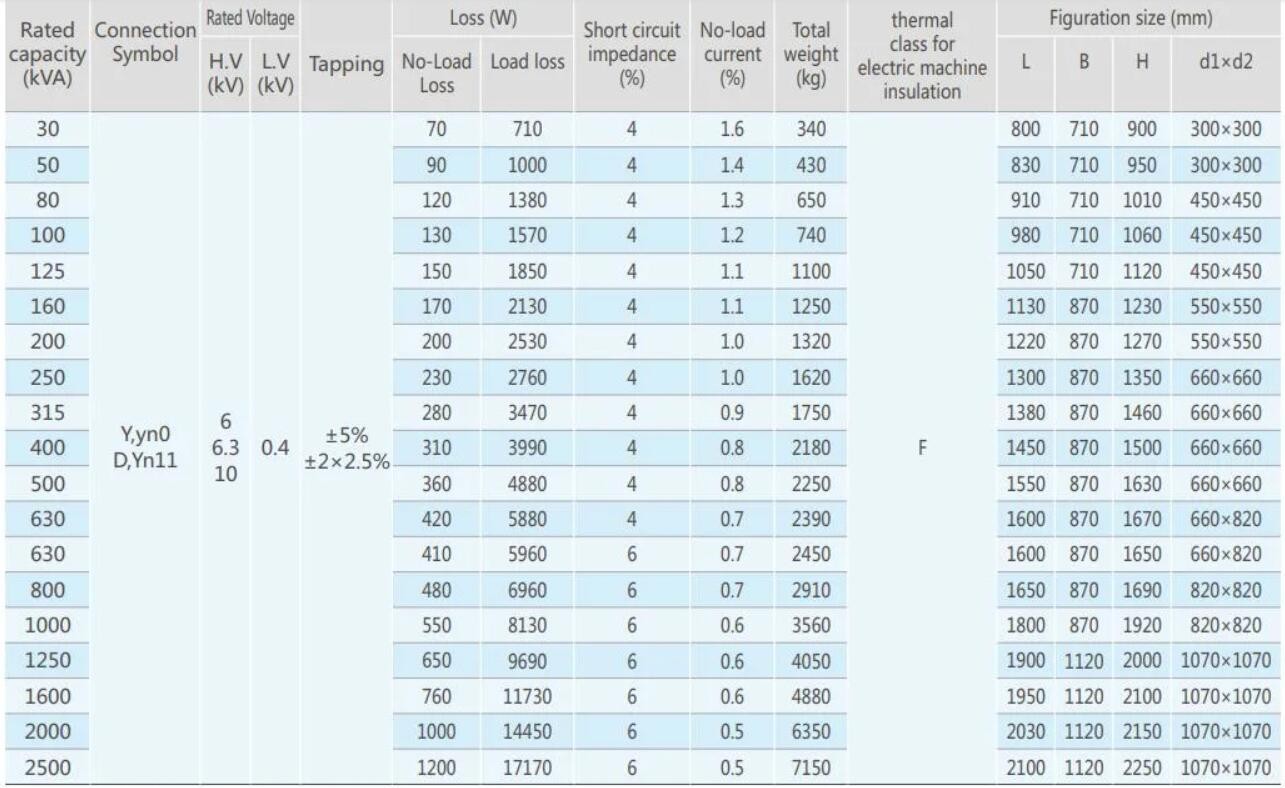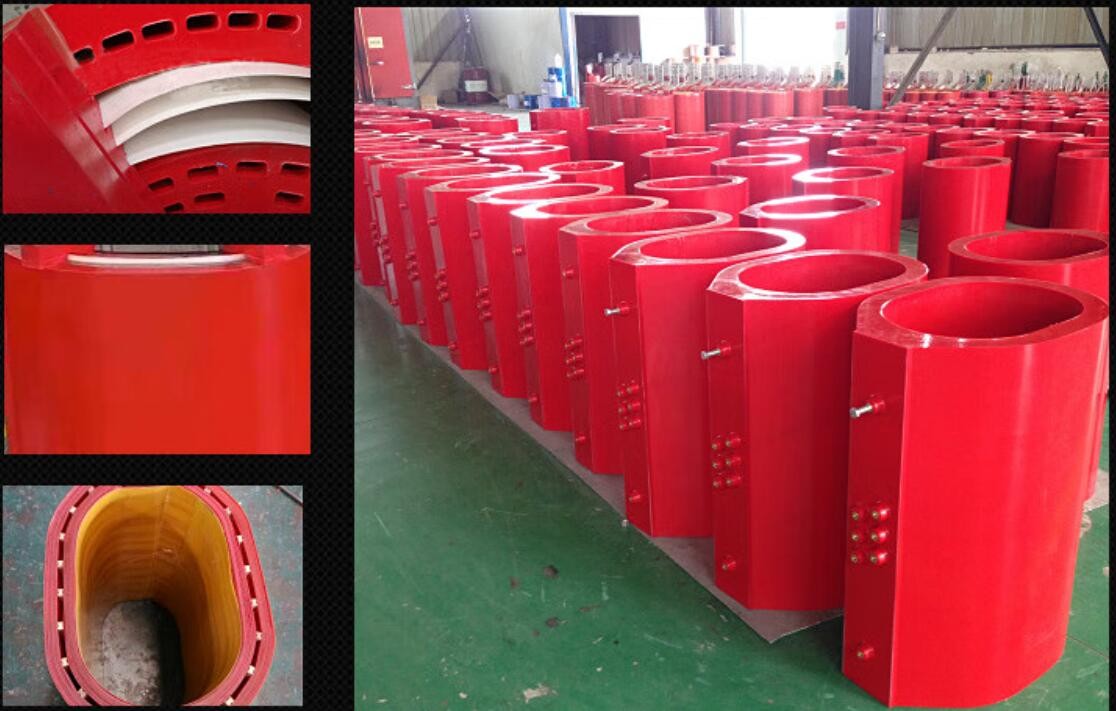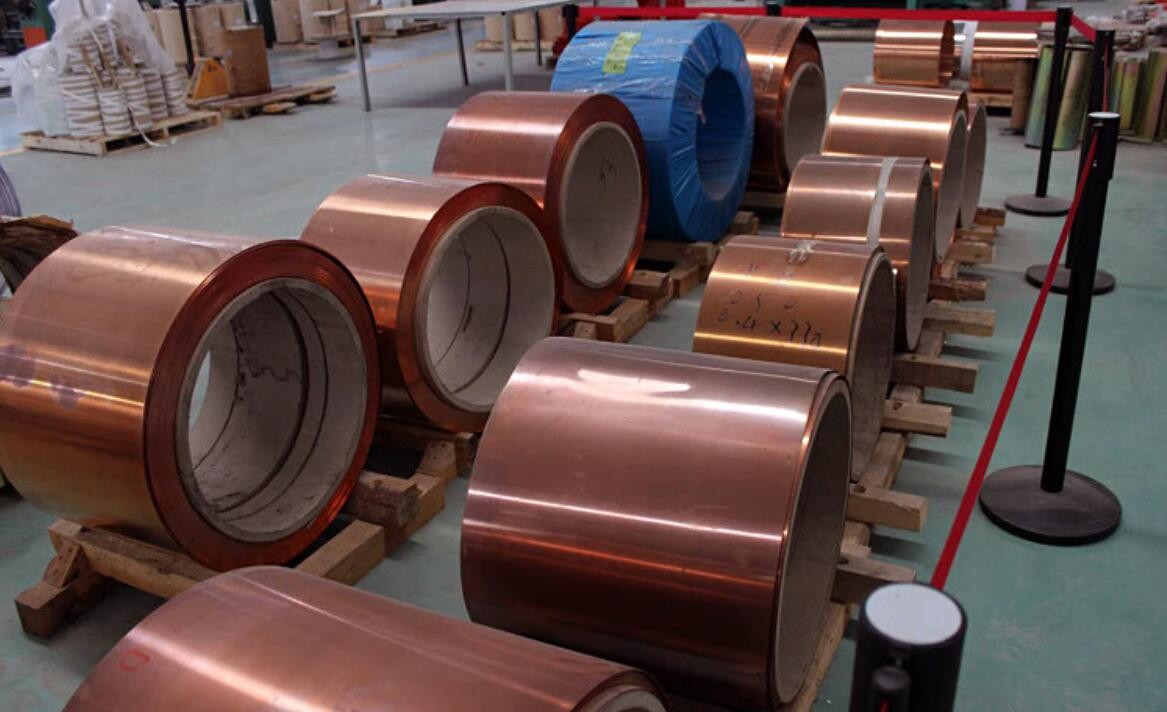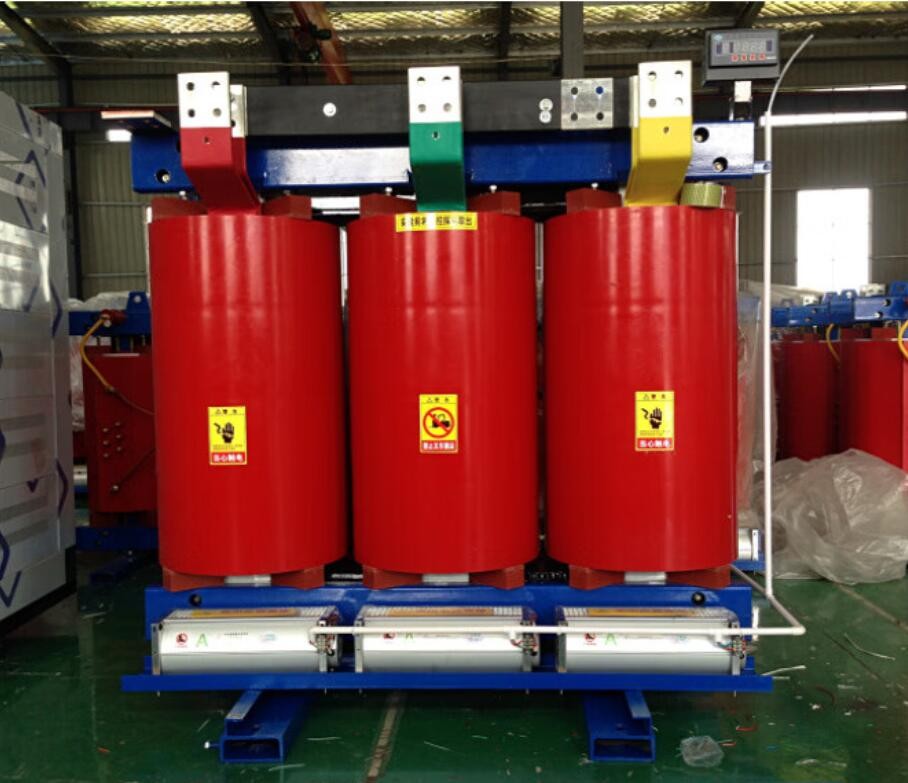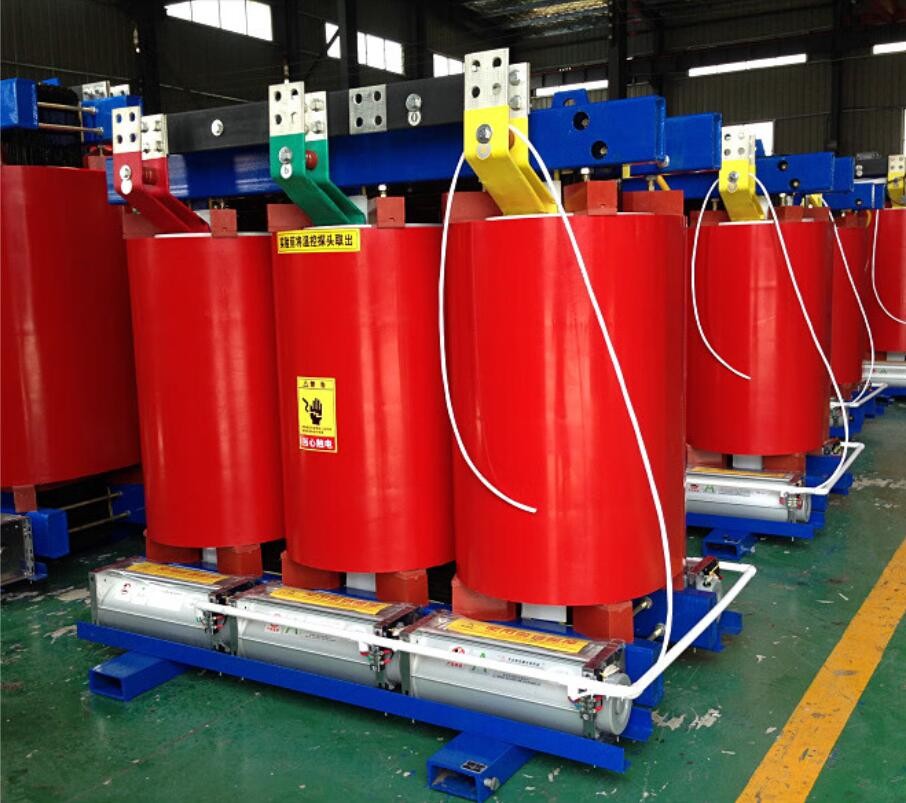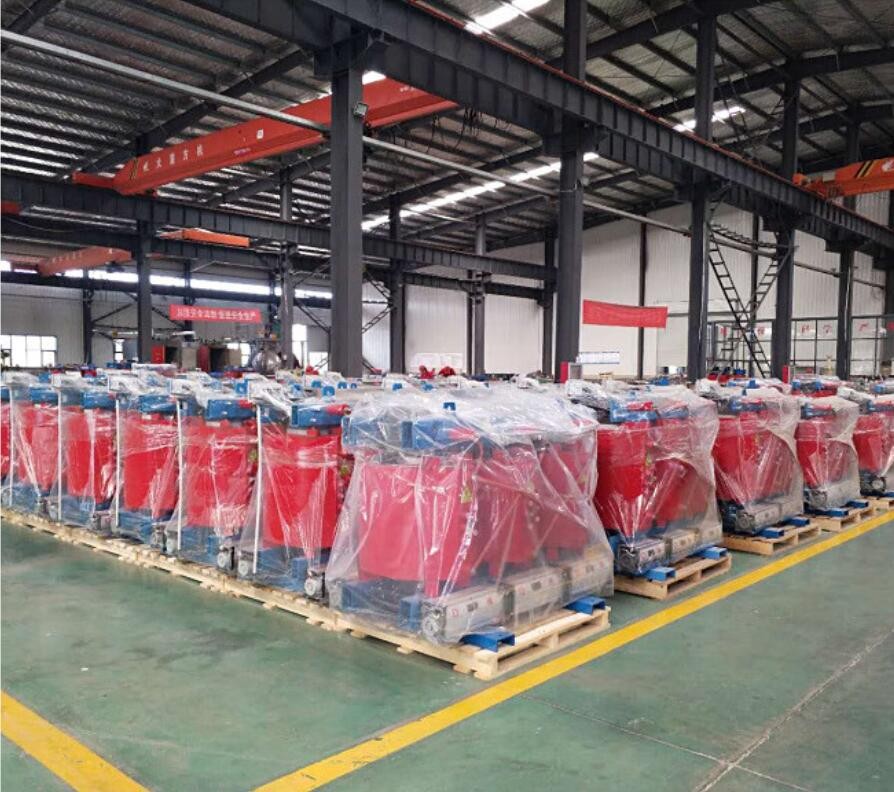A dry-type transformer is a type of transformer that is used in power transmission and distribution systems and has more advantages than an oil-immersed transformer. In this article, we will discuss the advantages of dry-type transformers and other information related to them.
1. Safety
Dry-type transformers are widely used in applications that require a high level of safety, such as hospitals, schools, office buildings and other public places. They do not require oil as an insulating material, which means that they do not release any toxic gases in the event of an emergency such as a fire. In addition, there is no oil leakage during use, so there is less impact on environmental pollution. These factors make dry-type transformers a safer option.
2. Maintainability
Compared with oil-immersed transformers, dry-type transformers are easier to maintain. They do not require regular replacement of insulating oil, nor do they need to be checked for oil contamination. When maintenance is required, a simple cleaning and inspection is all that is needed. This reduces maintenance costs and hassles for the user.
3. Durability
Dry-type transformers have a longer service life in power transmission and distribution systems. Because they do not need to be affected by contaminated insulating oil, they can better resist environmental pollution and daily wear and tear. In addition, because dry-type transformers are often made of more durable materials, such as insulation that is more resistant to high temperatures, they can withstand higher temperatures and loads.
4. Flexibility
Since dry-type transformers do not need to involve oil during transportation and installation, they are relatively more flexible. For example, they can be more easily installed and adjusted on certain occasions. Since the material is lighter, they can be moved more easily to the desired location. In addition, dry-type transformers can also be installed in more places as they do not need to take into account distance and location constraints with other equipment.
